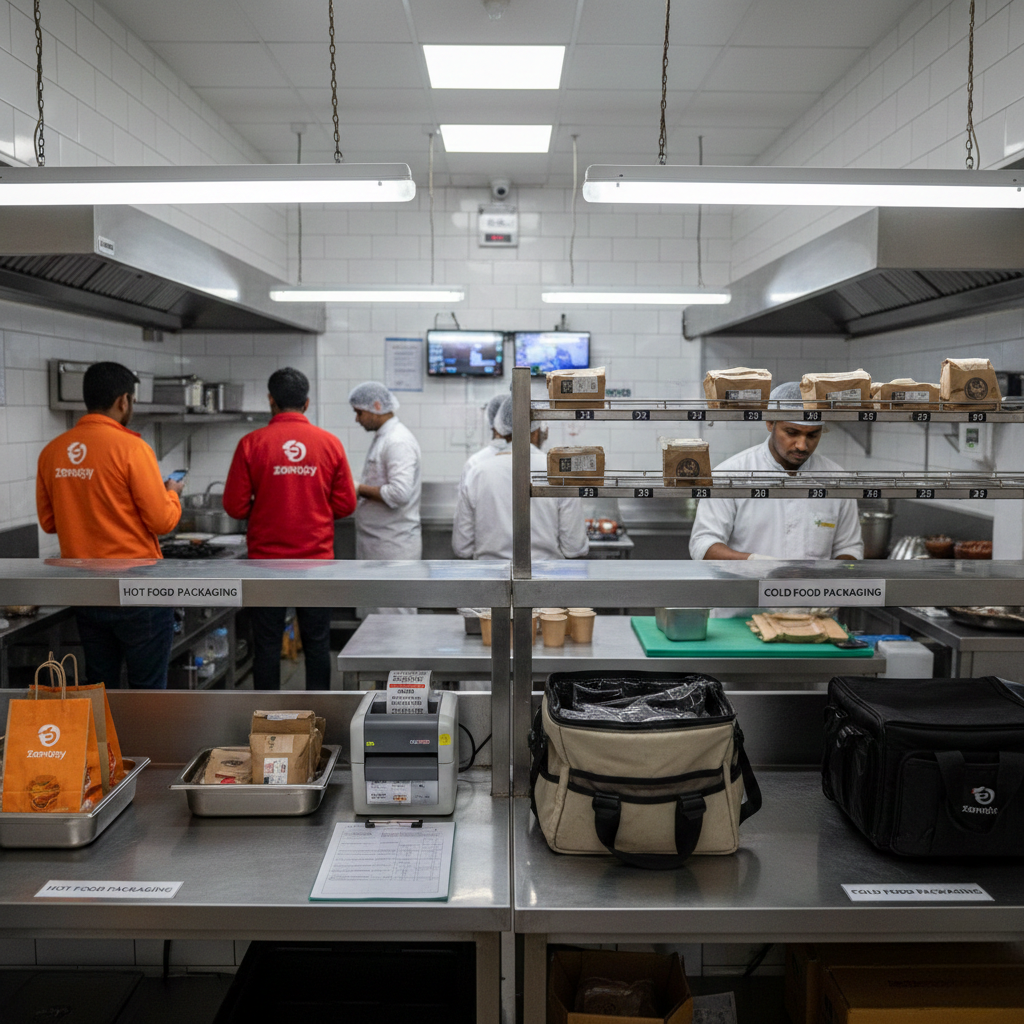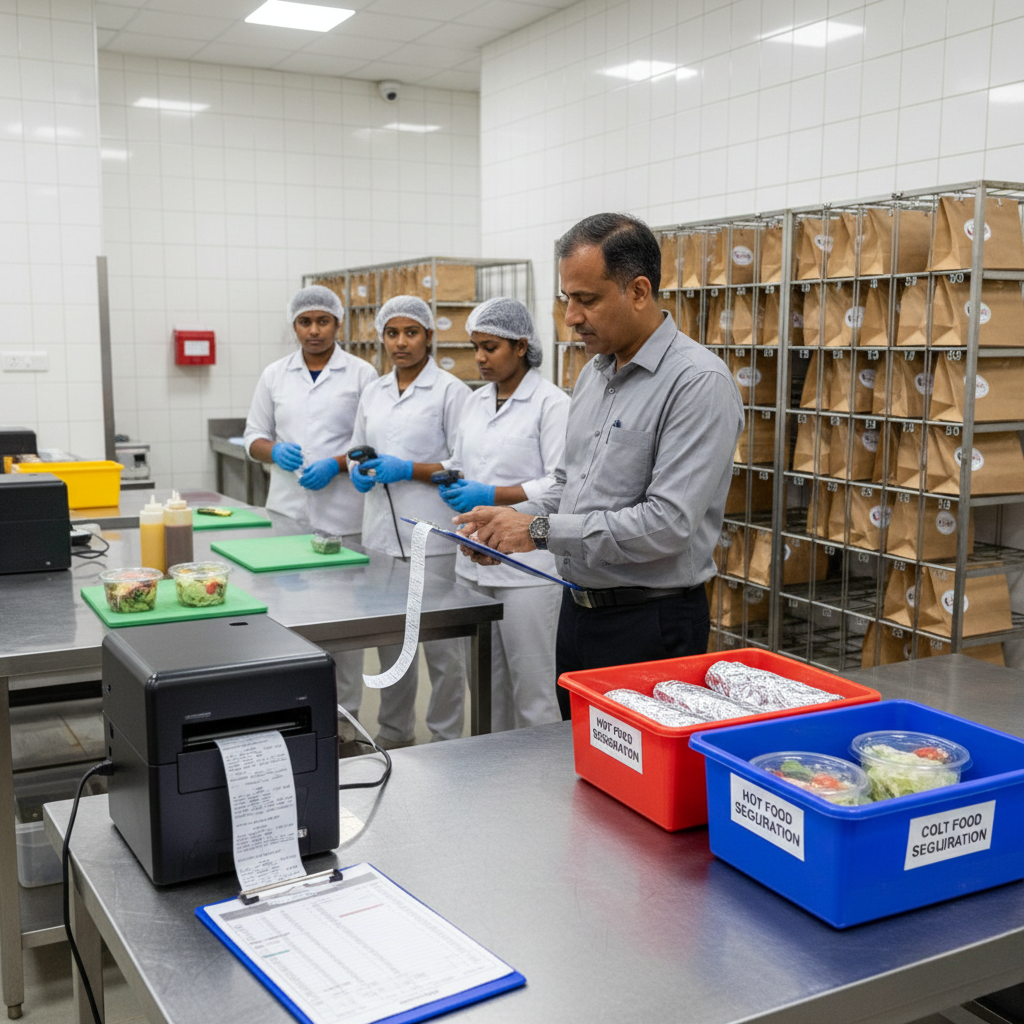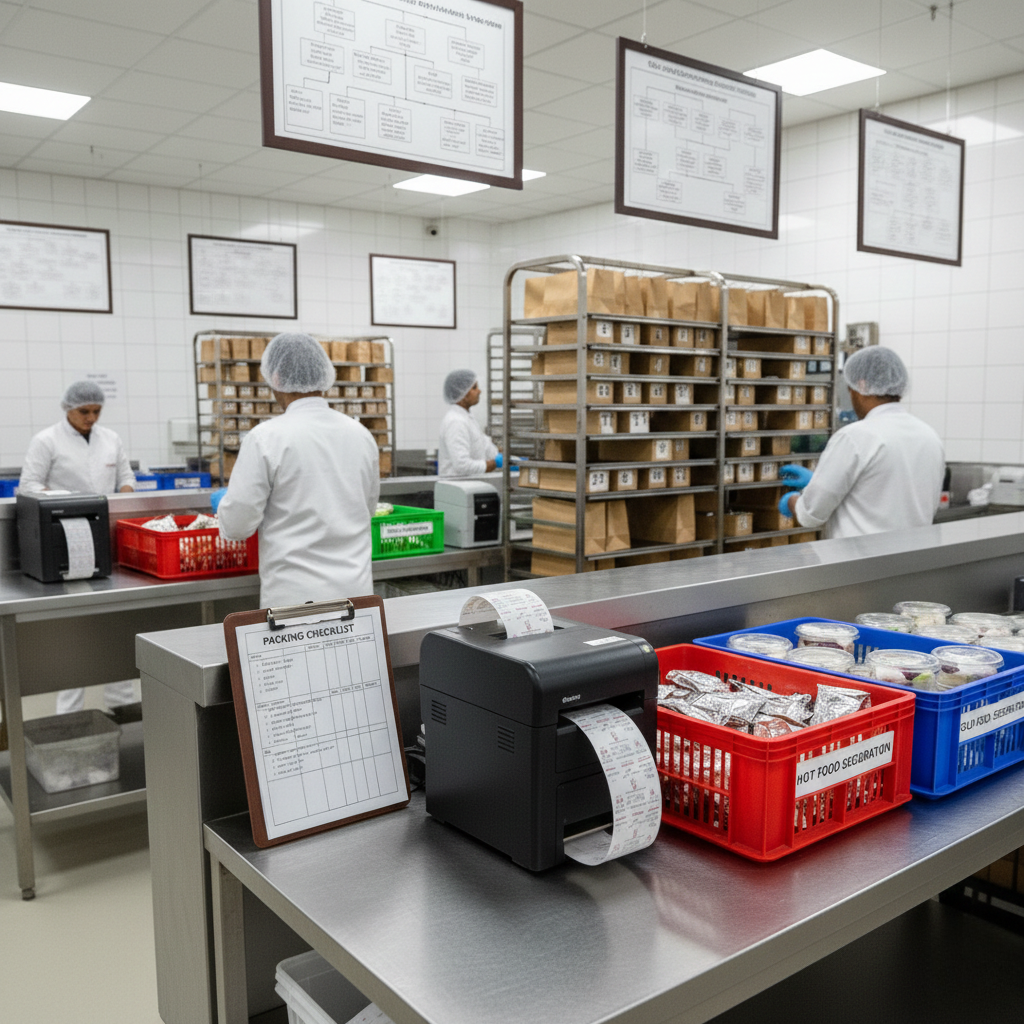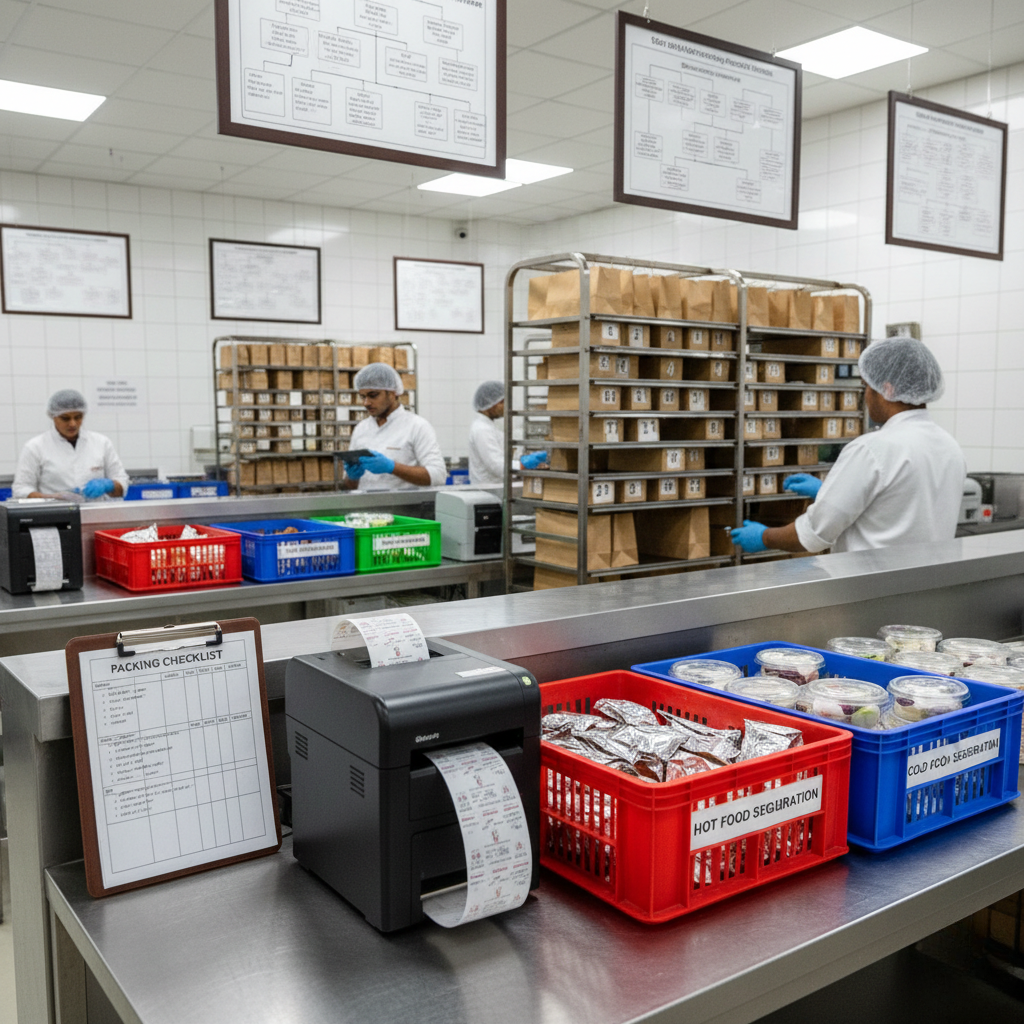In today’s digital age, effective SEO for food businesses is not just an option; it’s a necessity. With the ever-growing competition in the food industry, having a strong online presence can make or break a business. Whether you’re a restaurant, food delivery service, or a specialty food store, optimizing your website for search engines is crucial for attracting customers and staying ahead of the competition.
Identifying Relevant Keywords
One of the fundamental aspects of effective SEO for food businesses is keyword research. By identifying the right keywords related to your business, you can optimize your website content to rank higher in search engine results pages (SERPs). Long-tail keywords specific to your niche can be particularly valuable in attracting highly targeted traffic to your site.

Optimizing On-Page Elements
Optimizing on-page elements is essential for boosting your online presence. This includes optimizing meta titles and descriptions, using relevant headings (H1, H2, etc.), incorporating keywords naturally within your content, and optimizing image alt tags. By ensuring that your website is properly optimized, you increase its visibility to search engines and improve its chances of ranking higher in SERPs.
Creating High-Quality Content
Content is king in the world of SEO, and creating high-quality, relevant content is crucial for attracting and engaging your target audience. Whether it’s blog posts, product descriptions, or informative articles, content that provides value to your audience can significantly impact your search engine rankings. Additionally, regularly updating your website with fresh content signals to search engines that your site is active and relevant, further boosting your SEO efforts.
Leveraging Local SEO
For food businesses, local SEO is especially important. With more and more consumers using their mobile devices to search for nearby restaurants and food establishments, optimizing your website for local search can help you attract local customers and drive foot traffic to your business. This includes claiming and optimizing your Google My Business listing, obtaining local citations, and encouraging customer reviews and testimonials.
Read also : Top SEO Strategies for Restaurants and Cloud Kitchens
How Local SEO Can Revolutionize Your Restaurant’s Digital Footprint
Harnessing the Power of Social Media
In addition to traditional SEO tactics, leveraging social media can also play a significant role in boosting your online presence. Platforms like Facebook, Instagram, and Twitter provide opportunities to connect with your audience, share valuable content, and promote your business. By maintaining an active presence on social media and engaging with your followers, you can increase brand awareness and drive traffic to your website, further enhancing your SEO efforts.
Implementing Structured Data Markup
Structured data markup, also known as schema markup, is a form of metadata that helps search engines better understand the content of your website. By implementing structured data markup relevant to your business, such as recipes, reviews, and business hours, you can enhance your search engine listings and make your website more visible to users. This can lead to richer search results that stand out in SERPs and attract more clicks to your site.

Monitoring and Analyzing Performance
Finally, monitoring and analyzing the performance of your SEO efforts is essential for continuously improving and refining your strategy. By tracking key metrics such as organic traffic, keyword rankings, and conversion rates, you can gain valuable insights into what’s working well and what areas need improvement. Tools like Google Analytics and Google Search Console provide valuable data that can help you make informed decisions and optimize your website for better results.
Conclusion
In conclusion, effective SEO for food businesses is essential for boosting your online presence and attracting customers in today’s competitive digital landscape. By implementing the strategies outlined in this article, including keyword research, on-page optimization, content creation, local SEO, social media marketing, structured data markup, and performance monitoring, you can improve your search engine rankings and drive more traffic to your website. Remember, SEO is an ongoing process, so stay proactive and adaptable to stay ahead of the competition.





